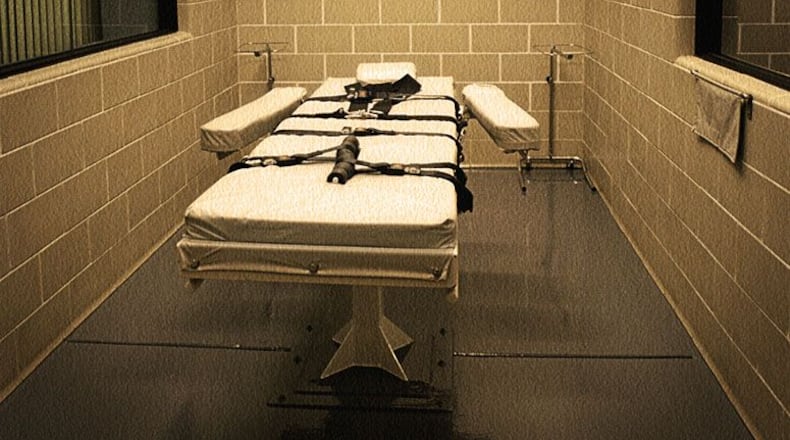In April 2014, the 22-member Ohio Supreme Court Death Penalty Task Force recommended the most sweeping overhaul to capital punishment the state has seen in 30 years. Among its 56 recommendations in a 76-page report: prohibit executions of mentally ill prisoners.
A similar bill offered in the previous legislative session failed to gain traction.
Related: Murderers with mental illnesses may be spared execution in Ohio
HB136 is opposed by the Ohio Prosecuting Attorneys Association, which maintains that the legal change would be subject to abuse by offenders who knew what they were doing.
It is supported by the Ohio Public Defender, Ohio Psychiatric Physicians Association, Ohio State Medical Association, former Ohio attorney general Jim Petro, former Ohio Supreme Court justice Evelyn Stratton and others.
The bill now moves to the Ohio Senate for consideration.
Gov. Mike DeWine earlier this year halted executions in response to a federal judge’s ruling that the state’s current execution protocol is unconstitutional. He directed state prison officials to develop a new protocol that can overcome court challenges.
Related: DeWine stops executions, wants new protocol
Related: Governor issues 3 more reprieves to Death Row inmates
Ohio has a long history with capital punishment, beginning in 1803 when it carried out executions by public hanging. The electric chair was used from 1897 to 1963 and lethal injection has been the method since executions resumed in 1999.
How they voted:
Yes: Niraj Antani, Jim Butler, Sara Carruthers, George Lang, Susan Manchester, Rick Perales, Phil Plummer, Todd Smith, Fred Strahorn.
No: John Becker, Bill Dean, Candice Keller, Kyle Koehler, Scott Lipps, Jena Powell, Nino Vitale, Paul Zeltwanger.
About the Author

